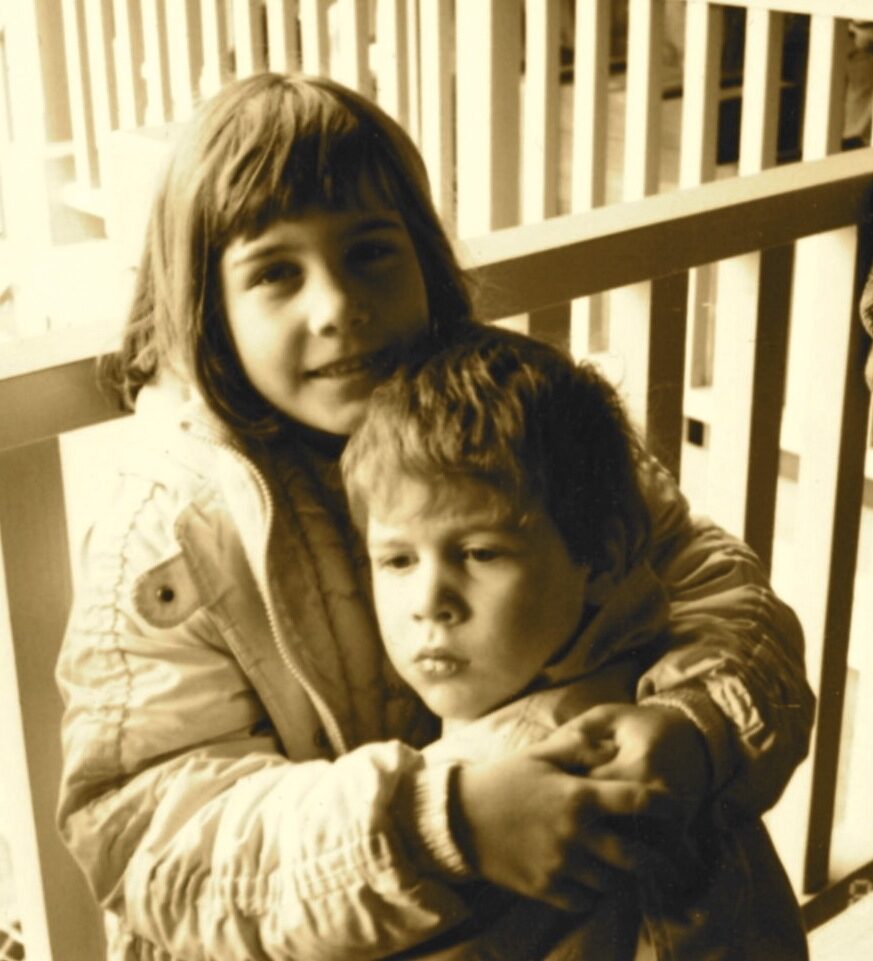Does back-to-school make your stomach do backflips? Ours, too. So we asked some of TPGA’s contributors what they wish they’d known — as parents, or as students — about the back-to-school season. Here’s what they shared: Mir Kamin wouldashoulda.com I knew it was okay to press for what my kid needed, but it took me a really long time to learn that it was also okay to admit when it’s time to stop trying to hammer your square peg into a round hole (and go find a square hole). I never in my wildest dreams expected to be a part-time homeschooler/unschooler, and yet it turned out to be a wonderful solution for our family once I gave up on the assumption of “making it work” with public school. Mind you, classroom accommodations provided by my son’s IEP worked for a while … until they didn’t. I’m so glad I finally…
Tag: Lindsey Nebeker
We’re featuring “Slice of Life” conversations with Autistics of all ages — kids through adults — throughout April’s Autism Acceptance Month Our goal is to help TPGA readers understand that autistic people are people who have interesting, complicated lives and who are as diverse and varied as any other population united by a label. We are the people in each other’s neighborhoods, and the more we know about each other — the more visible autistic people and children are — the more common autism acceptance will be. That is our hope. Today we’re talking with musician Lindsey Nebeker, who often writes about sexuality, and who makes Twitter a better place as @AutismIsARose. What is your name? Lindsey Nebeker. My close friends call me Z. Do you have a website? Naked Brain Ink – www.nakedbrainink.com What would you like a one-sentence description of yourself to say? Authentically human. Do you have…
Lindsey Nebeker nakedbrainink.com One of my blog readers who is on the autism spectrum brought up a concern regarding recent bedroom issues. This person is finding that the process of achieving orgasm has become increasingly difficult: “[Since learning more about my ASD diagnosis] I’ve been noticing a growing awareness in what is going on around me and what my body is feeling … and it is becoming sort of distracting during sex, mainly orgasm. As I began to feel my self start to climax I suddenly became very focused on the noises and things in the room such as the fan running, and how the moving air felt on my skin. Then I suddenly became overwhelmed with my body itself, to the point that it took away the orgasm. I focused intensely on how the sheets felt against my skin, how my partner’s skin felt on mine, how my hands…
Lindsey Nebeker is one of our community’s most visible activists, speaking out on topics ranging from autism and dating in Glamour magazine, to the need for more safety and support measures for individuals with autism at a recent Interagency Autism Coordinating Committee meeting. Lindsey was diagnosed with autism at the age of two, and began to speak around age four. She grew up in Tokyo, Japan with her younger brother James, who shares the same diagnosis but faces more challenges. She recently spoke with TPGA about her experience growing up as one of two siblings with autism. Tell us a little bit about yourself. How old are you, where do you invest your greatest energies, and when did you first receive your autism diagnosis? I am a pianist/songwriter, photographer, public speaker, and advocate currently residing in the Washington, DC metro area. As a woman in my late twenties, I have…
Lindsey Nebeker nakedbrainink.com A slight uncomfortable laughter was shared among the crowd of mothers sitting in a circle as one mother said quietly, “I’m really trying to avoid bringing up the topic of sex to my son. I hope that day doesn’t come up soon.” This was during a recent speaking engagement I gave to a parent support group. I arranged for all of us to sit around in a circle since the group was small enough to pull that off. I often find that with circle-style seating, the conversation becomes more open-ended, and I hear more from my audience. And the conversation can get very interesting — such as when it turns into a conversation about autism and sex. I was tempted to chuckle at the level of discomfort these mothers had in linking the words “autism” and “sex,” but kept to myself and gave a quiet smile. I…

